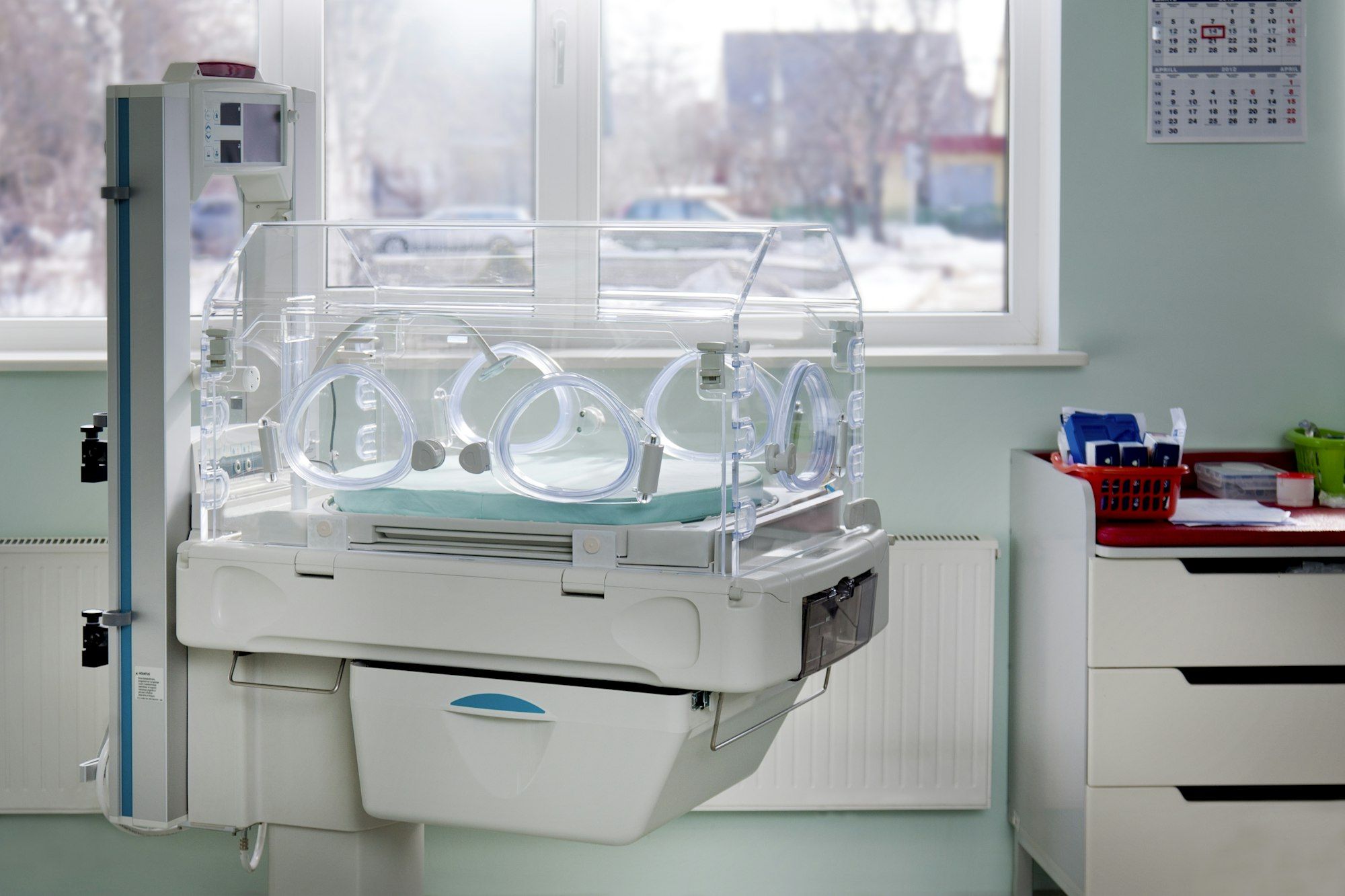As a parent of a preterm infant, the whirlwind of emotions and information can be overwhelming. Ensuring that your baby is getting the best possible care is paramount. Understanding the standards for neonatal care in the UK for premature births is crucial. This article will help you understand these standards and how parents can be actively involved in the care of their precious newborns.
Understanding the Standard of Neonatal Care for Preterm Babies in the UK
In the UK, the level of care provided for preterm babies is governed by a set of standards established by the National Institute for Health and Clinical Excellence (NICE). These guidelines dictate the care that should be provided to infants born before 37 weeks of gestation.
Also to discover : What Is the Efficacy of Acupuncture in Treating Pregnancy-Related Back Pain According to UK Studies?
Preterm babies require special care as their organs may not be fully developed at birth. These babies are often kept in Neonatal Intensive Care Units (NICUs) or special care baby units (SCBUs). These units are equipped with the necessary equipment and staff to provide round-the-clock care for these infants. The NICU team, which includes neonatologists, specialized neonatal nurses, and other healthcare professionals, is trained to monitor and manage the unique health challenges associated with preterm birth.
In line with NICE guidelines, skin-to-skin contact, also known as ‘kangaroo care’, is highly encouraged. Studies available on Google Scholar and PubMed have demonstrated the significant benefits of this practice. It can help in regulating the baby’s temperature, heart rate, and stress levels, promote breastfeeding, and foster bonding between the parent and baby.
In parallel : How Can Pregnant Women in the UK Access Support for Prenatal Depression and Anxiety?
The health and progress of preterm babies are closely monitored. This includes regular checks of their weight, heart rate, breathing, and overall development. Every effort is made to minimize the risk of infections and other complications.
The Role of Parents in Neonatal Care
Parents play a vital role in the care of their preterm babies. Their involvement can have a significant impact on their baby’s health and well-being. Parental support is essential for the growth and development of these delicate infants.
In many NICUs, parents are encouraged to be involved in their baby’s care as much as possible. This includes participating in ‘kangaroo care’, assisting with feeding, changing nappies, and even learning how to administer medications. Numerous studies available on Google Scholar, PubMed, and Crossref have shown the positive impact of parental involvement on the health outcomes of preterm infants.
Parents also have the right to be involved in making decisions about their baby’s care. They should be kept informed about their baby’s condition, the treatment being given, and any changes in their baby’s health status.
The Importance of Parental Support
Parental support plays a crucial role in the care of preterm babies. The emotional bond between parents and their baby can significantly impact the baby’s health and development.
Parental presence in the NICU is invaluable. It not only provides emotional support for the baby but also reassures parents about their baby’s condition and care. Parents need to be present to participate in ‘kangaroo care’, which is particularly beneficial for preterm babies. It allows the baby to hear their parent’s heartbeat and feel their warmth, which can help to stabilize their heart rate and temperature.
Parental involvement also extends beyond the hospital. Once the baby is discharged, parents will need to continue providing specialized care for their baby at home. This includes feeding, medication administration, and monitoring their baby’s health.
To facilitate the transition from hospital to home, parents are provided with training and support. This may include demonstrations on how to care for their baby, advice on feeding and sleeping routines, and information on what to do in case of emergencies.
The Role of Technology in Neonatal Care
Technology plays a crucial role in the care of preterm babies. From advanced monitoring systems to state-of-the-art incubators, technology aids in providing optimal care for these delicate infants.
In the UK, many NICUs are equipped with advanced technology that allows for constant monitoring of preterm babies. This includes monitors to check the baby’s heart rate, breathing, and body temperature. Infants are often kept in incubators that provide the ideal temperature and humidity conditions for their growth and development.
Additionally, technology can also facilitate parental involvement in neonatal care. Many hospitals in the UK have implemented systems that allow parents to monitor their baby’s condition remotely. This may involve video-streaming technology or apps that provide real-time information about their baby’s health status. Such technology can provide reassurance for parents when they are unable to be at the hospital.
Overall, the standards for neonatal care in the UK for premature births are comprehensive, involving both medical professionals and parents in providing the best care for these infants. The importance of parental involvement and support cannot be overstated, as their role is critical in ensuring the health and well-being of their preterm baby.
Empowering Parents through Neonatal Education
Educating parents about neonatal care is an essential component of the care provided to preterm babies. It empowers parents, ensuring they are competent and confident in caring for their baby both in the hospital and at home.
The NICE guidelines encourage healthcare professionals to provide parents with clear and detailed information about their baby’s condition. This information should be easily understandable, accurate, and tailored to the individual baby’s needs. Healthcare professionals should use language that parents can understand, avoiding jargon where possible.
Parents receive training in various aspects of neonatal care, including how to hold their baby safely, how to feed their baby, how to change nappies, and how to administer medication. They may also receive training on recognising signs of distress or illness in their baby. The goal is to equip parents with the skills and knowledge they need to care for their baby effectively.
Education is not a one-time event. It is a process that continues throughout the baby’s stay in the NICU and beyond. Hospitals may provide written materials or online resources for parents to refer to, and parents should feel free to ask questions at any time.
Engaging parents in the care of their baby has been shown to improve health outcomes for preterm babies. According to studies available on Google Scholar, PubMed, and Crossref, parental involvement can reduce the length of hospital stay, improve breastfeeding rates, and enhance the baby’s growth and development.
The Conclusion: Uniting Parents, Healthcare Professionals, and Technology
In conclusion, the standards for neonatal care in the UK for premature births are geared towards ensuring the best possible care for these delicate infants. The NICE guidelines form the backbone of these standards, outlining the care that should be provided for infants born before 37 weeks gestation.
The role of parents in neonatal care cannot be overstated. They provide invaluable emotional support for their babies, and their involvement in care is associated with better health outcomes. Education empowers parents, equipping them with the knowledge and skills they need to care for their baby effectively.
Technology is also a vital component of neonatal care. It enables constant monitoring of preterm babies, ensuring that any changes in their condition are quickly detected and treated. Technology also facilitates parental involvement, allowing parents to monitor their baby’s condition remotely when they are unable to be at the hospital.
Neonatal care in the UK is a multidimensional approach, uniting parents, healthcare professionals, and technology in the care of preterm babies. By following the NICE guidelines and ensuring parental involvement, neonatal units can provide the best possible care for these precious infants, supporting their growth and development in the early stages of their life.











